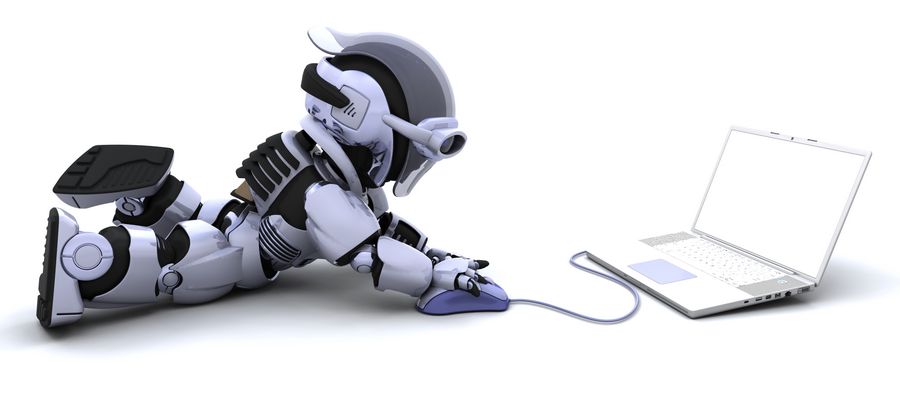
Designed by Freepik
Robots are taking over the world, or so it would seem. A recent report by the McKinsey Global Institute found that up to 800 million global workers will lose their jobs by 2030 and be replaced by automation.
The report estimates that a third of the workforce in richer nations such as Germany and the US may need to retrain for other jobs, whilst in the UK 20% of current jobs will be automated.
And copywriters and journalists apparently aren’t exempt from the rise of the robots. Robo-journalism is already being used across the world.
At the Press Association’s (PA) headquarters in London, a small team of journalists and software engineers are working on a computer system that can do the work of multiple human beings. It picks out interesting local data trends – such as crime statistics or health facts and then generates stories of several paragraphs in length and circulates them to the local press to use.
Automated stories about smoking during pregnancy, recycling rates, or cancelled operations have all found their way online and in print.
And 2017 research by Alexander Fanta, then at the Austrian Press Agency, revealed that thousands of stories a month were being produced in European newsrooms with the help of algorithms. The report concluded that machine-written stories lack depth and critical examination of the presented facts, but can provide a quick summary of new figures or a first version of a story.
Will robo-journalism replace copywriters?
So should I be worried as a copywriter and former journalist? Will I be taking early retirement and programming my robotic assistant while I plug in my virtual reality headset and “visit” exotic locations.
I believe the skills of copywriters aren’t under threat yet.
Why? Because we are human! We bring a human angle to our writing. We do more than just spout facts and regurgitate news stories.
The human angle
For me, a good copywriter doesn’t simply present the information provided by their clients in a more flowery way. They get to know their clients, their products and services – how they help, what difference they make. And we put that into words that engage the target audience. Passion, empathy, humour, satire, subtlety – we tell a story that is interesting to read and creates a reaction, not just something to be glossed over or to fill in the gaps on your website or printed materials.
The idea of robot writers makes me think of Private Eye’s Malgorithms column, charting where wholly inappropriate automated ads have been generated alongside online news stories. Such as: “Book a beautiful beach villa” next to a story about a villa crumbling off a clifftop into the sea; or “Great prices on new BMWs” next to a tale of a ram-raid on a jeweller’s …
So while there are still humans reading, there will be copywriters writing and keeping it human!


